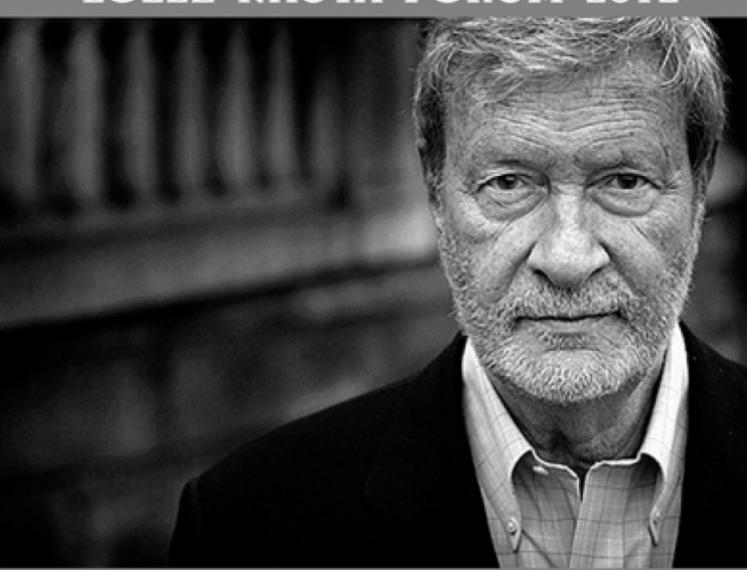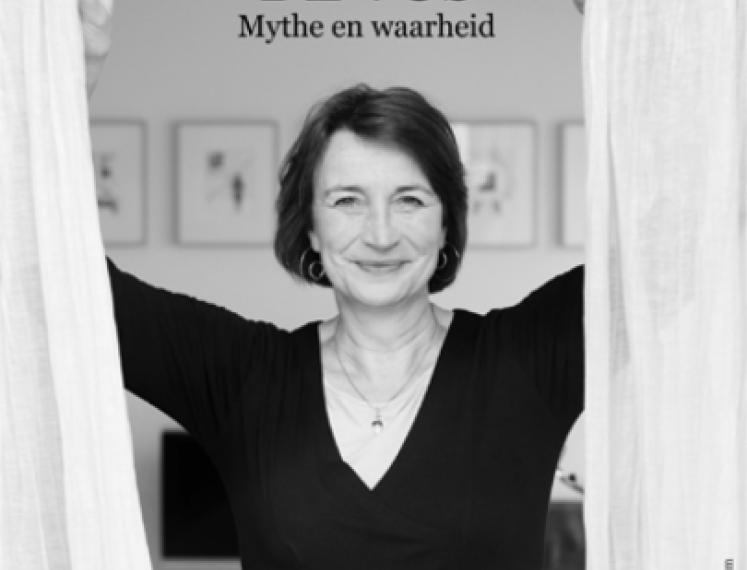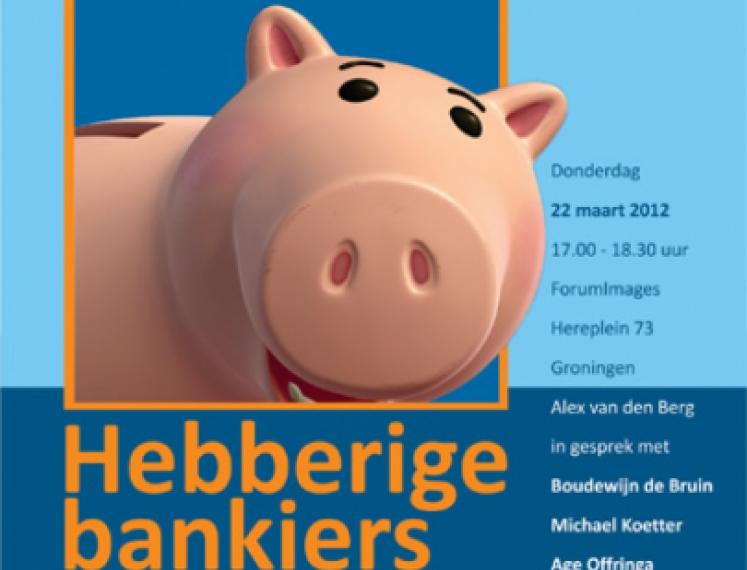The Neutralization of Politics
According to the Italian philosopher Gianni Vattimo, the neutralization of politics has led to a standstill and even to the end of democracy.
Italy’s new government, Europe’s bureaucracy, the rise of the BRICS – according to the Italian philosopher and politician Gianni Vattimo these are just some examples of what he describes as ‘the neutralization of politics’. This neutralization is characterized by the absence of differences between political parties and the reduction of politics to technocratic decision making. The nearly ubiquitous access to information has stimulated this development: mistrust instead of a critical attitude has become the state of mind of citizens, and opposition is almost absent. According to Vattimo, the neutralization of politics has lead to a standstill and even to the end of democracy. The way in which the most recent financial crisis was dealt with serves as an example of this standstill: banks have been refinanced, welfare was reduced to lower levels, and social discipline has been intensified.
Vattimo holds the Sciences partly responsible for this crisis – economists in particular have become ‘technicians’ who are assumed to simply ensure the functioning of the global machine without bearing any political responsibility. The Enlightenment, and scientific reason as a tool for human emancipation, has completely turned into an instrument of domination.
In his lecture Vattimo contrasts the neutralization of politics with what he calls ‘hermeneutic communism’. This is a political philosophy that no longer departs from universal moral or epistemological principles, but which is guided by an interpretation of the particular context in which a political decision has to be made. Moreover, it is a philosophy that focuses on conflicts and differences because, from this perspective, political legitimacy can only result from social struggle between historically situated subjects – or perhaps even classes.
Gianni Vattimo (1936, Torino) is one of the most influential European philosophers today. He became famous with his contribution to the development of postmodernist thought, La fine della modernità (1985), translated as The End of Modernity (1991). In this book, Vattimo, following Nietsche and Heidegger, reconstructs postmodernism as the ‘weakening’ of the absolute claims to truth of traditional metaphysics and modernist philosophy. Since 1991 sixteen of his books were translated in English. In 2011 he published, together with the Spanish philosopher Santiago Zabala, Hermeneutic Communism, a plea for a return to and reinterpretation of communist politics. Next to politics, most of his philosophical work is devoted to aesthetics, ethics and the philosophy of religion.
Vattimo is an active public figure in Italy, as newspaper columnist, homosexual activist, catholic and as politician. From 1999 to 2004 he was member of the European Parliament for the Democrats of the Left. In 2009, he was re-elected to the European Parliament.
Frank Ankersmit is Professor of Intellectual History and Historical Theory at the University of Groningen. He obtained his doctorate with the thesis Narrative Logic (1983). In 1990 he published The Navel of History, followed in 1993 by his inaugural lecture entitled The Historical Experience. Other books by Ankersmit include A New Philosophy of History (1995), Aesthetic Politics (1997), Historical Interpretation (2001), Political Interpretation (2002),Sublime Historical Experience (2005) and Meaning, Truth, and Reference in Historical Representation (2012).
The Lolle Nauta Forum is initiated by the Faculty of Philosophy, University of Groningen, in cooperation with Studium Generale and de Volkskrant in order to stimulate the public debate, and named after Lolle Nauta, himself a public intellectual and Professor of social philosophy and philosophy of science at the University of Groningen from 1971 till 1994. More information: www.rug.nl/filosofie/lollenautaforum
Organized by the Faculty of Philosophy in cooperation with Studium Generale and de Volkskrant
Interesting links
Gianni Vattimo
Gianni Vattimo
Wikipedia Gianni Vattimo
Interview Hermeneutic Communism



